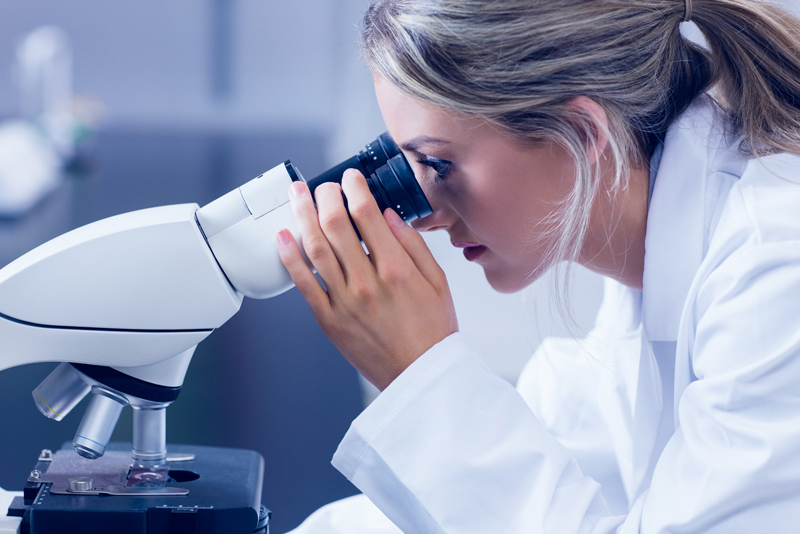Medical research is indispensable when it comes to finding effective treatment for various health conditions. To study a patient and his/her medical condition, response to treatment and so on, accurate documentation is very important. Medical records created with the support of medical transcription companies provide a clear understanding of the patient’s health condition and care offered, and at the same time act as valuable research material for researchers working in the field.

Medicines are prescribed by doctors in the right proportion to patients to cure diseases. Advances in medical research and new medications and treatments have enabled doctors to cure many diseases and save lives. Medicines come from various sources like substances made from nature, extraction from plants etc. Some medicines are made in labs by mixing together a number of chemicals. Others, like penicillin, are byproducts of organisms such as fungus. All these are used to treat diseases. The latest development in this area is stem cell research.
Stem cells play a crucial role in treating disease because of their flexibility under the right conditions that enables them to be coaxed to develop into many other types of body cells. Researchers are learning new techniques to use stem cells’ natural potential to create any type of cell that is in demand. For instance, oligodendrocyte progenitor cells that could protect nerve cells that have been damaged by an injury to the spinal cord; or retinal pigment epithelium cells that could help restore vision to patients blinded by dry macular degeneration.
Deepak Srivastava, president of the Gladstone Institutes, a non-profit research center affiliated with UC San Francisco is a doctor who has first-hand experience with the potency of stem cells. This doctor has studied early heart development and how cells can be reprogrammed to repair damaged heart tissue.
Diseases could be considered as organs that have lost cells they need to function, and they have little to no capacity to regenerate themselves. Doctors usually find therapies and medicines to get around the disease’s effects. But with stem cells people no longer accept the idea that people have diseases from lost cells. The objective here is to regenerate cells, restore them and fix the crux of the problem.
The latimes.com spoke to Dr. Srivastava on the topic of stem cells. This doctor believes in the regenerative power of stem cells; in other words, stem cells can help regenerate damaged tissues in cells and cure the disease caused by cell degeneration.
Stem cell research is not just for regeneration and replacement, but also for discovering appropriate drugs for a host of diseases. When the stem cells are programmed into any cell type in the body, researchers have been doing that in two dimensions or a monolayer. But in reality, organs exist in three dimensions. They have their own architecture and to understand the disease, you will need to examine the entire structure and not just a cell. For the researchers, the breakthrough has been in their ability to involve multiple types of cells that have to work together to form an organ. They developed organoids that are not full organs but replicate a large part of the complexity of an organ. They try to make organoids that contain mutations that cause disease, and thereby get a better idea of how medicines will play a role. This has worked with brain tissue, eye tissue, kidney tissue and others.
Many clinical trials are under way right now – trials for spinal cord injuries, Parkinson’s disease, and even blindness and the researchers are looking at situations where the cells in those areas have died. So all a patient may need is a simple treatment that turns stem cells into the missing cells and transplant them back in.
The researchers and Dr. Deepak Srivastava are trying to bring focus on policy area, where the ISSCR (International Society for Stem Cell Research) can make a big difference. Their next agenda is to advocate for policies worldwide that would accelerate the safe and effective use of stem cell medicine.
Healthcare professionals, scientists and researchers are conducting various studies to ensure quality medical care and the latest advancements in medical technology to people. Transcription service providers also play a significant role, providing accurate and reliable medical transcription service.


